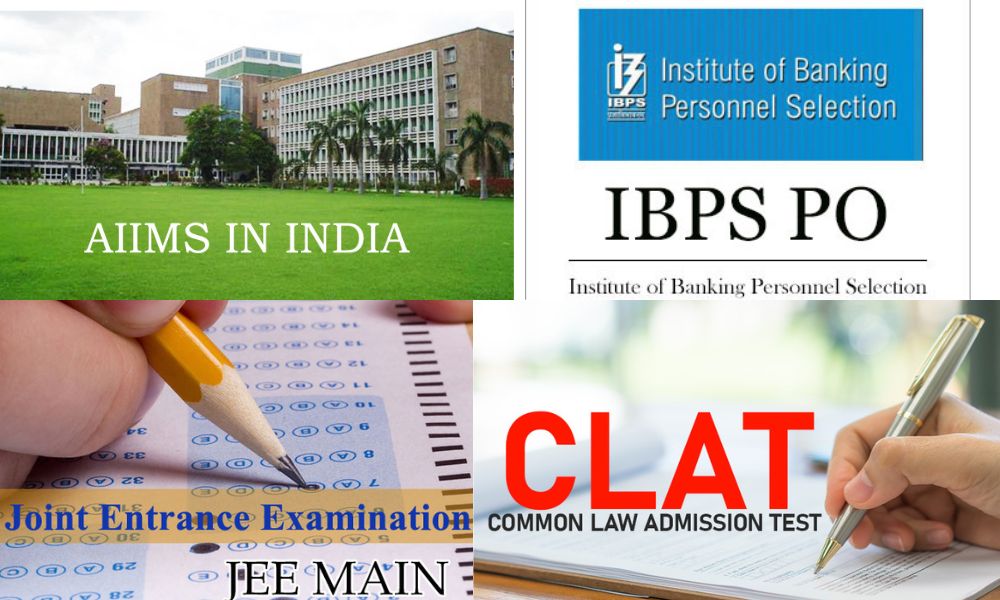Top 20
Top 20 Toughest Exams in India to Crack in 2023
There are certain academic examinations which are considered the toughest exams in India. Most of these exams are carried out at undergraduate and postgraduate levels, where students are required to accomplish one or more tests that are conducted at the respective institutes all over the country.
In India, exams such as JEE-IIT, UPSC, SSC CGL, GATE, etc., are among the most difficult to crack. But, these are not the only ones.
Did You Know?
Life itself is one of the most unpredictable exams for an individual to accomplish. But, once he/she is successful in their life’s test, it opens doors to opportunities that one could fathom.
Why Exams are Essential and Their Future Prospect
Examination conducted in schools, colleges, and universities is essential as it not only tests the abilities of students, but the nature of the test(s) also helps build cognitive abilities in young individuals. This includes the ability to think promptly, make accurate calculations, responsive decision-making, and above all else, become well-educated to live a better life.
While it is common for most students to fear examinations, however, once he/she successfully cracks the given academic test, this can be one of the happiest and proudest moments for the student(s), their parents/guardians, and the teachers, too!
Not just in India, but at institutes all over the globe, various examinations are conducted, such as granting admission to students to pursue higher education and career-oriented degree/diploma/doctorate programs, and so on. Therefore, avoiding exams is out of the question.
Also, read these articles:
Top 20 Engineering Colleges in India
Let us now take a look at some of the most challenging exams conducted in Indian schools, colleges, and universities that are tough for students to crack.
List of 20 Undoubtedly Difficult Exams in India for Students to Crack
The following is an alphabetically sorted list of the twenty most difficult exams in India which brings nightmares to undergraduate and postgraduate students.
1. All India Institute of Medical Sciences (AIIMS)
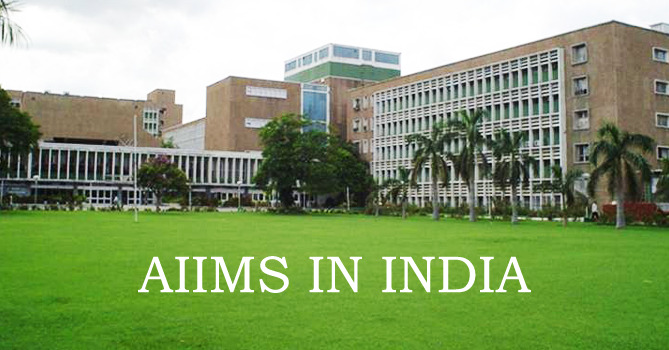
Exam Level: Undergraduate and Postgraduate
The All India Institute of Medical Sciences (AIIMS) conducts UG and PG exams to select candidates for MBBS and MS degrees offered at the seven campuses of AIIMS. The All India Institute of Medical Sciences Entrance Exam is a gateway exam conducted twice a year for the MD/MS post-graduate courses.
There are two sessions for the selection of candidates. In each session, there are 124 seats approximately. Out of the 124 seats of every session, approximately 25% of seats are reserved for AIIMS (UG) students and 50% for reserved categories. This reservation makes it one of the toughest exams to clear in India.
Being a renowned and top choice of medical institution in the country, AIIMS is the dream of many medical aspirants, and thus, attracts a multitude of applications every year. As one of the toughest exams in India, it is carried out for a limited number of seats and is designed for a higher difficulty level.
2. Bank Probationary Officer (BPO) Exam

Exam Level: Undergraduate
The Bank Probationary Officer (BPO) exam is of two types – the SBI PO exam and the IBPS PO exam. SBI PO exam is conducted by the State Bank of India (SBI), whereas the IBPS PO exam is conducted by Institute for Banking Personnel Selection (IBPS).
The PO exam conducted by SBI has four sections i.e., Reasoning, English, Data Analysis and Interpretation, General Knowledge, and Computer and Marketing. The IBPS PO exam has sections such as Reasoning, English, Quantitative Aptitude, General Knowledge, and Computer are included. The recruitment comprises preliminary, mains, group discussions, and interviews.
Candidates appearing for PO Exam conducted by SBI must have an upper hand when it comes to data analysis and interpretation. Candidates applying for the IBPS PO exam should focus on the Arithmetic subject. Candidates who pass preliminary and mains can go for stage three.
3. Chartered Accountant (CA)
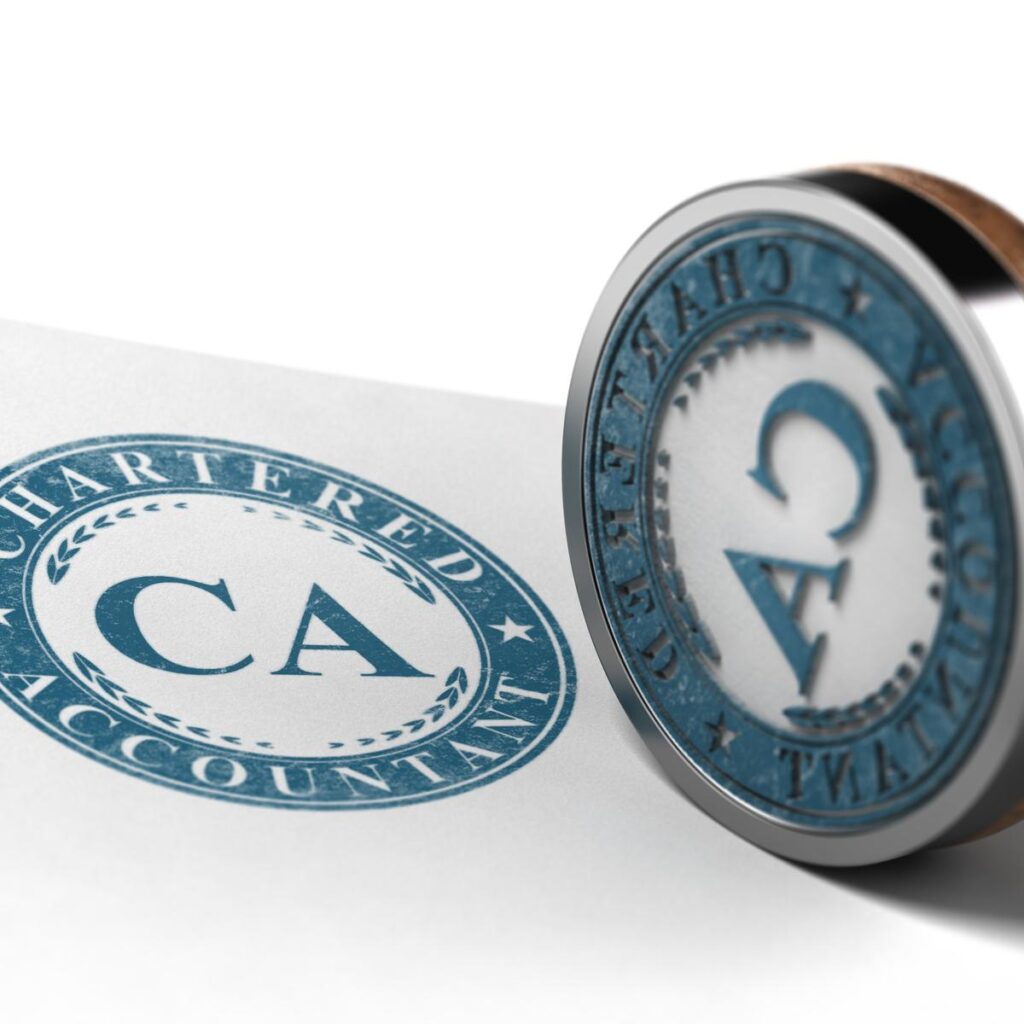
Exam Level: Undergraduate
Chartered Accountant (CA) examination is conducted by the Institute of Chartered Accountants of India (ICAI). It is a multi-tier examination for the CA course and has a rigorous pattern.
The exam comprises three stages, which include the Common Proficiency Test (CPT), Integrated Professional Competence Course (IPCC), and CA Final Examination.
Any candidate who finishes 10+2 (including Maths, Science, and Commerce) in any class will be able to participate in the CA course. To be qualified for this degree, the candidates must get a least 60% aggregation in 10+2 levels.
4. Cisco Certified Network Associate (CCNA)
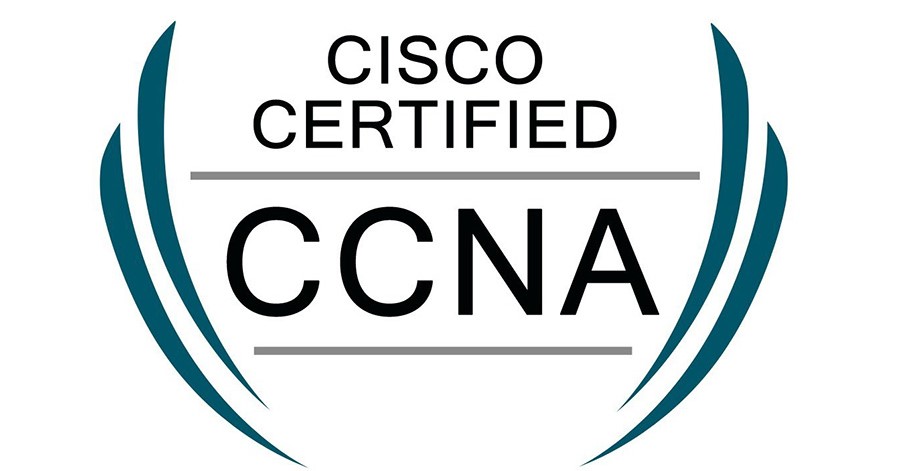
Exam Level: Undergraduate and Postgraduate
Cisco Certified Network Associate (CCNA) is an associate-level certification course of 1.5 years duration by Cisco that is designed for network engineers and IT professionals. CCNA course covers a wide range of topics, such as network fundamentals and access, IP connectivity and services, security fundamentals, programmability, automation, etc. Cisco offers five levels of CCNA certification, namely, Entry, Associate, Professional, Expert, and Architect.
Students who wish to apply for the CCNA course in India must have cleared 10+2 with 50% marks.
At the end of the CCNA course, students are expected to pass the 200-301 CCNA exam, which makes the CCNA certificate valid for the next 3 years.
5. Combined Defence Services (CDS)
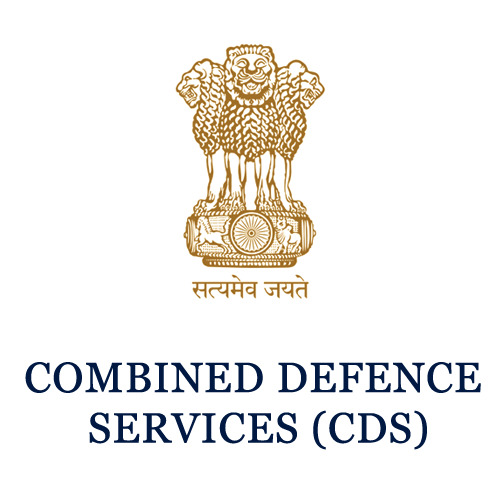
Exam Level: Undergraduate
Along with the NDA, CDS is also considered one of the most difficult exams in India. Both CDS and NDA are defense services of India and getting selected for any of the two is not easy. Since the responsibility involved in this work is high, the selection process is also tougher. The individuals who crack CDS exams get recruited into the Indian Army.
The Union Police Service Commission (UPSC) conducts the CDS exam. The selected candidates are recruited from Indian Military Services, Officers Training Academy, Indian Naval Services, and Indian Air Force Academy.
6. Common Admission Test (CAT)
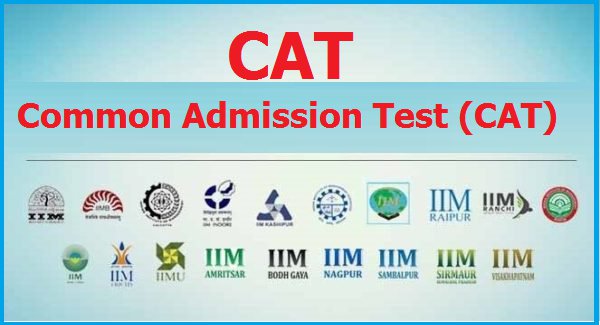
Exam Level: Undergraduate
Common Admission Test (CAT) is considered one of the toughest exams conducted in India. A lot of applicants even go through making several tries to gain admission to top Indian Institutes of Management (IIMs).
The CAT exam is conducted once every year, usually towards the end of November. After passing this exam, candidates with the highest percentile are short-listed for an interview and group discussion session by IIMs, then the students are selected for admission.
7. Common Law Admission Test (CLAT)
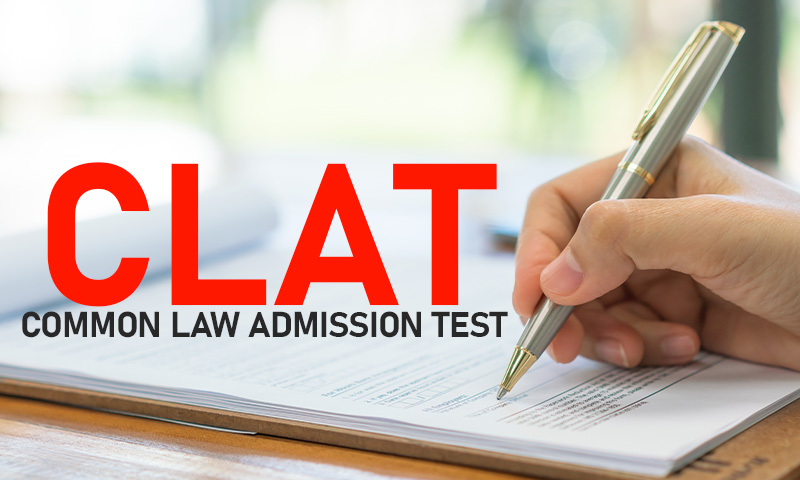
Exam Level: Undergraduate and Postgraduate
Common Law Admission Test (CLAT) is one of the toughest exams in India for students who want to pursue a career in law. This national-level exam is registered by the Consortium of the National Law University for admission to law courses at both the UG and PG levels.
The eligibility criteria for the CLAT exam for undergraduates i.e., standard XII is a minimum of 45% score, whereas for postgraduate, a 3-year LLB (Bachelor of Law) with a minimum of 50% score.
While appearing for this exam, students need to know about current economic and legal affairs. Mostly questions are asked related to current affairs, as well as legal affairs.
8. Company Secretaries (CS)
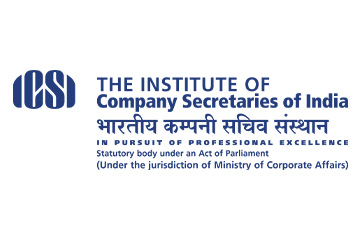
Exam Level: Undergraduate and Postgraduate
A Company Secretary (CS) is a senior position in a private-sector company or public-sector organization. A CS can be classified into three categories for certification i.e., CS Foundation, CS Executive, and CS Professional Programme, respectively. The Institute of Company Secretaries of India (ICSI) is an official professional body in India whose purpose is to promote, regulate and develop the profession of company secretaries in India.
Students who would like to join the course after 10+2 or equivalent have to undergo three stages to pursue the Company Secretaries course i.e., the Foundation Programme, Executive Programme, and Professional Programme. Students who would like to join the course after passing graduation have to undergo two stages of the Company Secretaryship i.e., the Executive Programme and the Professional Programme.
Foundation Programme can be pursued by 10+2 pass or equivalent students of Arts, Science or Commerce stream (excluding Fine Arts). Executive Programmes can be pursued by a graduate of all streams, except Fine Arts. The professional program can be continued only after completing the Executive Program of CS course.
9. Graduate Aptitude Test in Engineering (GATE)
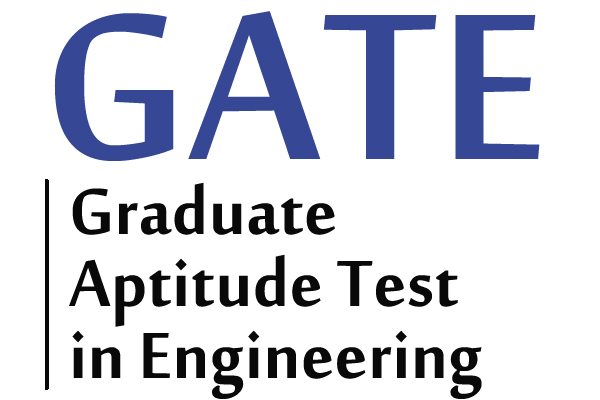
Exam Level: Postgraduate
Graduate Aptitude Test in Engineering (GATE) is an all-India standardized test that is regarded as one of the toughest exams in the country. When it comes to students who specialize in engineering and science, GATE is a name that needs no introduction.
The GATE exam is conducted by the Indian Institute of Science. The exam is mainly for students pursuing graduation in Science and Engineering.
GATE is regarded as one of the most prominent exams conducted at postgraduate institutes in India. Students who successfully complete the exam are offered various benefits.
10. Graduate Record Examinations (GRE)
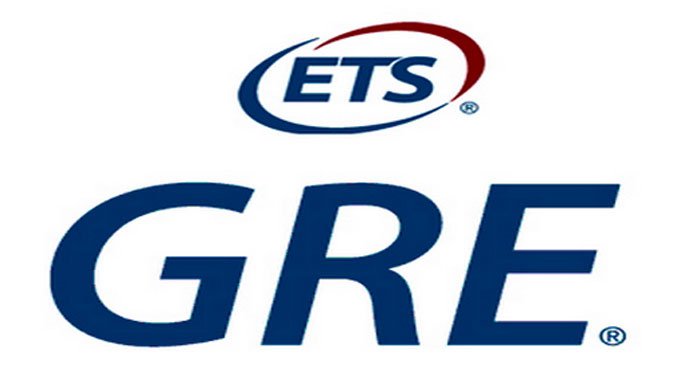
Exam Level: Undergraduate
Graduate Record Examinations (GRE) is the entrance exam conducted by Educational Testing Services (ETS) for students in India who want to pursue postgraduate degrees in countries such as the USA, Canada, and a few others countries. The GRE exam pattern comprises three sections, which are Verbal Reasoning, Quantitative Reasoning, and Analytical Writing.
The Verbal Reasoning and Quantitative Reasoning sections are calculated on a scale of 130 to 170 each. The total GRE score range is 260 to 340. GRE AWA is calculated in a range of 0.0-6.0. Top universities require a GRE Score of 150 to 160 for both Verbal and Quantitative Reasoning tests. GRE Scholarships are also available in most universities as per the GRE score secured by students.
According to ETS, there are no particular eligibility criteria for the GRE exam. Anyone, regardless of age or education, can sign up for this exam. Candidates can take up the exam even if he/she is applying for master’s programs.
11. Indian Engineering Services (IES)
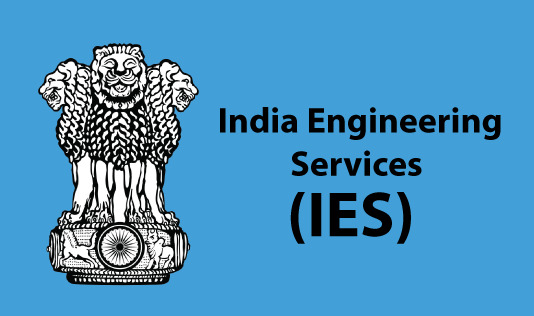
Exam Level: Undergraduate
The Indian Engineering Services (IES) is mainly a recruitment exam which is conducted by the Union Public Service Commission (UPSC) with the aim to short-list candidates for various engineering positions and vacancies under the various departments of the Government of India. It is one of the most popular exams for students who want to make a career in the Engineering field.
This type of exam is organized for engineering branches, i.e., Electrical Engineering, Civil Engineering, Mechanical Engineering, and Electronics and Telecommunication Engineering.
A large number of candidates appear for the IES exam every year and the test encompasses a three-level recruitment procedure, namely, IES Preliminary, IES Main followed by a Personality Test.
12. Indian Statistical Institute (ISI)
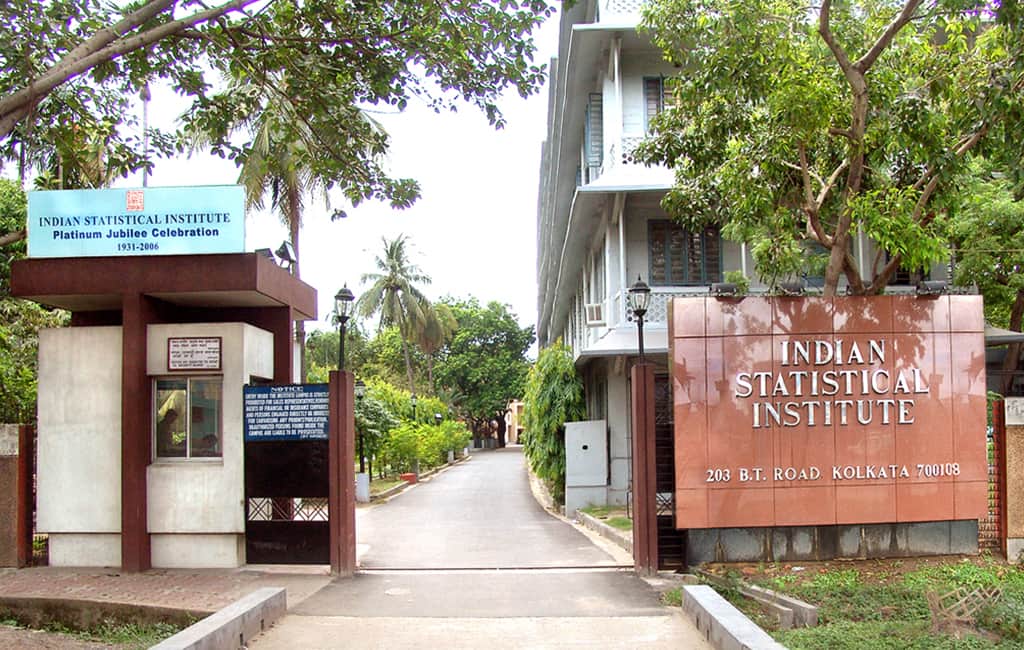
Exam Level: Undergraduate, Postgraduate, PG Diploma and Research
Indian Statistical Institute (ISI) is an institute recognized worldwide for Research and Training in Statistics and related Sciences. ISI has its headquarters in Kolkata, West Bengal, and it has four more centers operating in the cities of Kolkata, New Delhi, Bengaluru, Chennai, and Tezpur. ISI was declared as an Institute of National Importance (INI) by the Government of India in 1959.
ISI offers undergraduate, postgraduate, postgraduate diploma, and research courses to students. Research programs are offered in the form of Senior Research Fellowship and Junior Research Fellowship. Candidates holding Junior Research Fellowship by NBHM/CSIR/UGC/ICMR/DST/DB are also required to clear the JRF admission test for admission.
The ISI exam is held once every year, and it grants various students admission into courses like B. Maths, B. Stats, M. Stats, and M. Tech degree programs at ISI. Furthermore, selected students to get access to one of the most reputed Indian Statistical Institutions all over India.
13. Joint Entrance Examination (JEE)
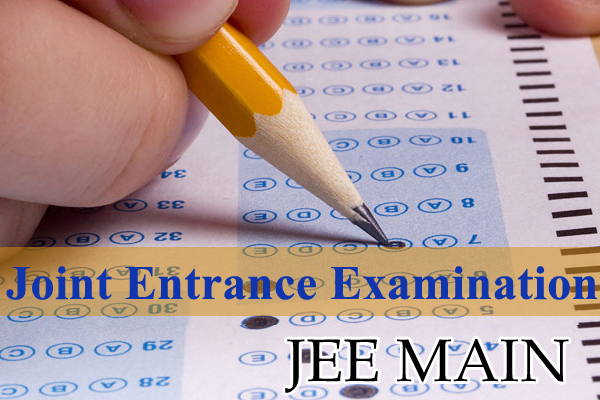
Exam Level: Undergraduate
Joint Entrance Examination (JEE) is one of the standardized national-level exams conducted by the National Testing Agency (NTA). This exam is divided into two levels: JEE (Main) and JEE (Advanced).
The eligibility criteria here is to obtain a score of at least 75 percent in the standard XII Science stream. Students who wish to pursue a career in engineering are required to clear the JEE-IIT examination at the institution.
Students must pass both groups in order to be admitted to the top IIT (Indian Institutes of Technology) Institutes. Several engineering colleges, including IITs, accept JEE scores for granting admission to students.
14. National Defence Academy (NDA)
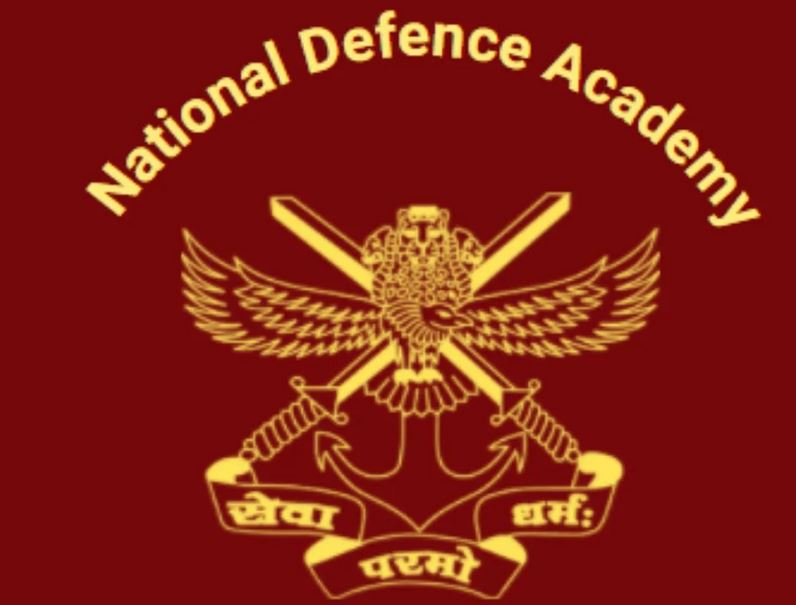
Exam Level: Undergraduate
The National Defence Academy (NDA) examination is conducted by the Services Selection Board (SSB) for the recruitment of candidates to the Army, Navy, and Air Force. A written test, psychology-aptitude test, intelligence test, personality test, and interview are used for each candidate. Students are required to pass all stages of the exam in order to qualify for admission to the NDA.
The exam is conducted twice a year to screen out the best candidates for the country’s most prestigious defense academy.
Any student completing or writing their Standard XII (10+2) test can normally prepare and participate in the NDA test. The interview is conducted by the SSB, which is the Defence Ministry’s Services Selection Board. Students must have passed all previous tests to be qualified for the interview.
15. National Eligibility Entrance Test (NEET)
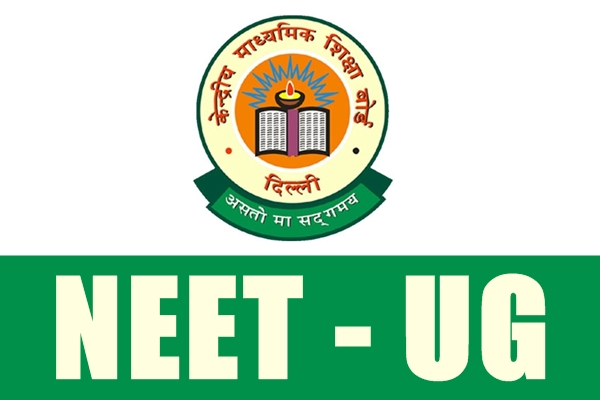
Exam Level: Undergraduate
The National Eligibility Entrance Test (NEET), also known as the NEET-UG exam is a centralized national entrance exam conducted by National Testing Agency (NTA) for students who wish to pursue a medical career. Many students take the exam, and passing the NEET with a decent grade has become difficult due to increased competition.
The eligibility criteria for the NEET-UG exam requires undergraduate level i.e., Standard XII or equivalent with Physics, Chemistry, Biology/Biotechnology.
However, students who want to pursue their careers as doctors and have the necessary qualifications are required to apply for this exam. Furthermore, this includes students who will be chosen for the nation’s respected Institutes of National Importance (INI), such as AIIMS and AFMC, making the test difficult to crack.
16. National Institute of Design – Design Aptitude Test (NID DAT)
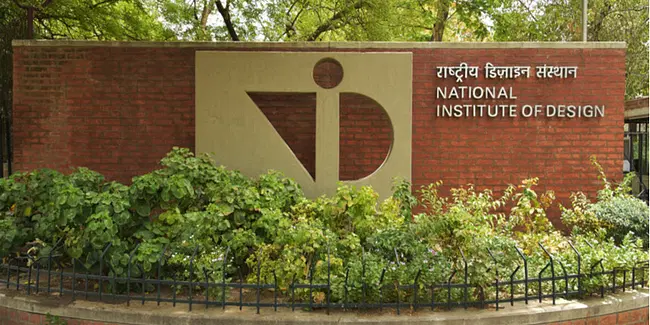
Exam Level: Undergraduate and Postgraduate
The National Institute of Design (NID) exam is a Design Aptitude Test (DAT) that is conducted by the Admission Committee of the National Institute of Design to select candidates for its prospective design courses such as Bachelor of Design (B.Des.) and Master of Design (M.Des.), amongst others. It is among the toughest exams in India.
The eligibility criteria for applying for the NID DAT exam is 10+2 with a minimum 50 percent score.
NID DAT examination is carried out in a two-level process, namely, NID Prelims and NID Mains. Through the exam, candidates are short-listed for admission at the National Institutes of Design located in various cities throughout India.
17. Staff Selection Commission – Combined Graduate Level Exam (SSC CGL)

Exam Level: Undergraduate
The Staff Selection Commission – Combined Graduate Level (SSC CGL) exam is considered one of the country’s largest exams conducted for graduate students. In order to apply for the exam, students must fit into the eligibility criteria that the Staff Selection Commission (SSC) has set up.
One criteria is that the applicant must be at least 18 years old but not more than 32 years of age.
After cracking the exam with good scores, numerous employment opportunities are available for the students. Also, lucrative career progressions are made in the departments or ministries as per the work experience.
18. Union Public Service Commission (UPSC)
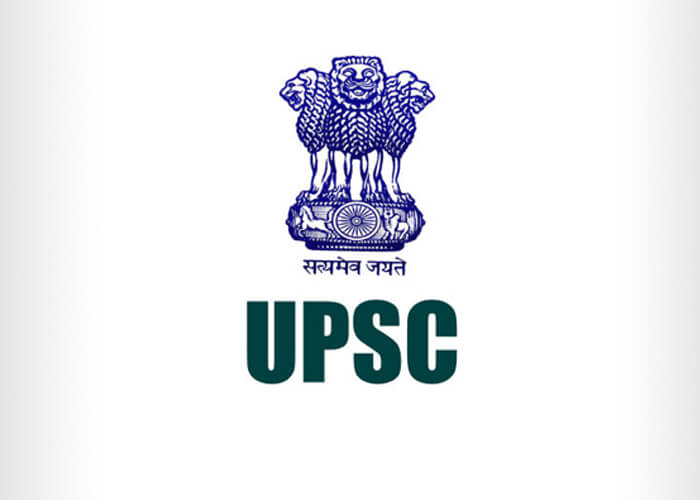
Exam Level: Postgraduate
The Union Public Service Commission (UPSC) is one of India’s toughest exams. The UPSC Civil Services Exam is held to select candidates for administrative positions in departments of the Central Government of India.
It takes a high degree of seriousness, devotion, determination, and strenuous effort to succeed in the four-tier exam, consisting of the preliminary exam, the main exam, the personality test, and the interview.
The test covers many services, including Indian Administrative Services (IAS), Indian Forest Services (IFS), and Indian Police Services (IPS).
19. University Grants Commission – National Eligibility Test (UGC NET)
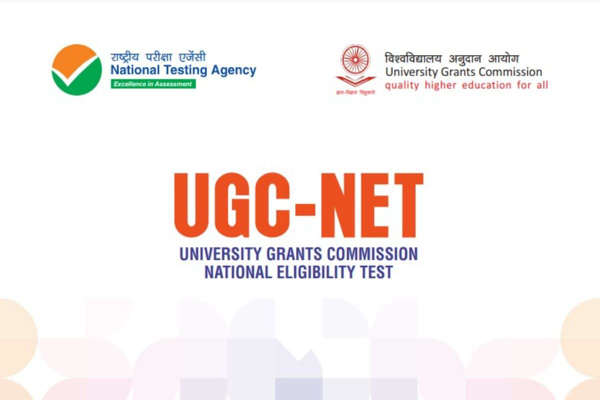
Exam Level: Postgraduate
UGC NET is one of India’s toughest exams conducted by the National Testing Agency (NTA). Passing this exam requires studying the entire master’s course material. However, it’s not easy to study for two-year postgraduate lectures in a short time. Also, the availability of limited seats further complicates problems.
The eligibility criteria for appearing UGC NET exam is postgraduate level with at least a 55 percent score.
Obtaining a higher UGC NET exam score allows the selection of candidates for positions like Assistant Professor and Junior Researcher Fellowship (JRF). Systematic study of two-year postgraduate lessons in less time could improve the passing score.
20. Xavier Aptitude Test (XAT)

Exam Level: Undergraduate
Xavier Aptitude Test (XAT) is also considered one of the toughest exams in India. This test is of high importance for those who wish to study management courses in reputed institutions across the country.
XAT exam is conducted by Xavier Labour Relations Institute (XLRI), Jamshedpur, which is now known as Xavier School of Management, Jamshedpur. Candidates who pass the exam get to study MBA/PGDM programmes at Xavier Labour Relations Institute (XLRI) in India.
The score obtained by students in the XAT exam is also considered by various business schools across the nation to admit the candidates into management courses offered by them.
Wrapping Up
It is, no doubt that some academic examinations are very challenging for students to accomplish on the very first attempt. However, another major concern for today’s applicants is the fact that competition is rising at a rapid rate, and thus, many institutes are left with offering limited seats.

